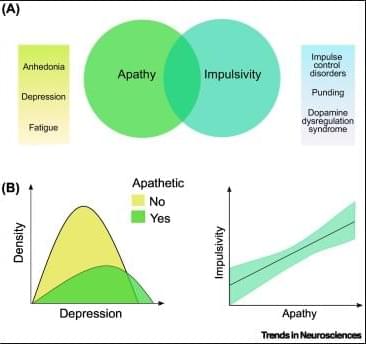Neurobehavioural disturbances such as loss of motivation have profound effects on the lives of many people living with Parkinson’s disease (PD), as well as other brain disorders. The field of decision-making neuroscience, underpinned by a plethora of work across species, provides an important framework within which to investigate apathy in clinical populations. Here we review how changes in a number of different processes underlying value-based decision making may lead to the common phenotype of apathy in PD. The application of computational models to probe both behaviour and neurophysiology show promise in elucidating these cognitive processes crucial for motivated behaviour. However, observations from the clinical management of PD demand an expanded view of this relationship, which we aim to delineate. Ultimately, effective treatment of apathy may depend on identifying the pattern in which decision making and related mechanisms have been disrupted in individuals living with PD.
